Earlier this month, I hit a large travelling milestone. As of the 20th of October 2017, I’ve been living and travelling in South America for three whole years.
I celebrated this momentous event (made more so by the fact my initial plans were to see the whole world in two years) by jumping on a plane to Paraguay, my fifth South American country.
As I landed in the muggy airport on the outskirts of Asunción, the Paraguayan capital, I couldn’t help but reflect on what I’ve learned travelling and how so much time on the road has altered the way I experience a new country.
From feeling safe even when travelling alone to realising that the harder a place is to reach, the greater the reward, here are the ten things I’ve learned from three years of travelling.

1. There’s no need to feel so unsafe
It’s probably no exaggeration to say that I’m on the receiving end of well-meaning concern at least once a week when I’m on the road. Just yesterday a Paraguayan guy in my hostel uttered the ubiquitous words: “but aren’t you scared travelling alone as a woman?”
Er, no, actually. Yes, I’m forever aware of my vulnerability as a woman and the limits that this can have upon me travelling, but being alone doesn’t scare me.
There is an understandable question of safety for women, and particularly those travelling solo. I’ve certainly experienced some less than savoury behaviour by men on my travels but in general, I don’t feel unsafe.
To a large degree, it’s a question of common sense – something that applies to all travellers, regardless of their gender.
I listen to local advice; one of my first questions in any new place is about how safe it is – and isn’t – to walk around in the neighbourhood. It doesn’t take long to get a sense of where I can go and which places I need to avoid.
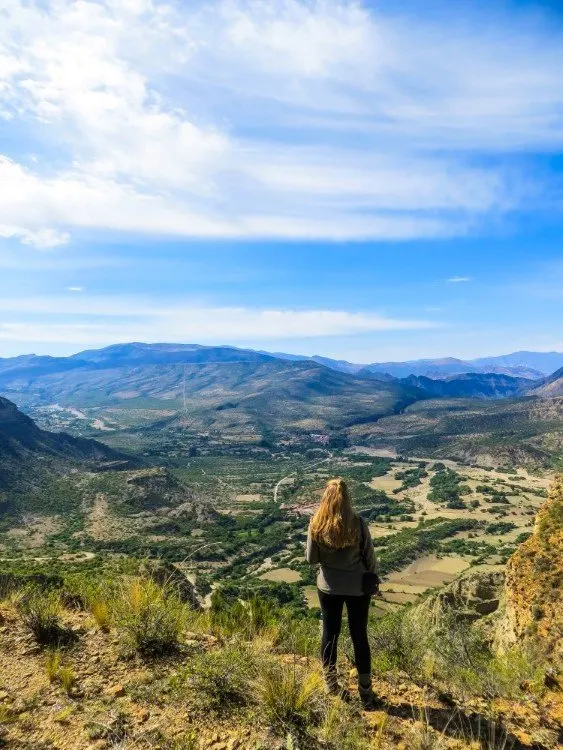
But it’s also thanks to me now being able to better understand the situation around me, which is mostly down to my grasp of Spanish. As much as fluency is a huge help, just understanding some of the local language has always been invaluable on my travels around South America.
This was put in real perspective when I travelled across the Peruvian/Bolivian border last year. The bus was in a bad state; as we drove through the night, a pungent smell of burning plastic began emanating from the back.
We all piled out onto the side of the road while the driver had a look. He claimed there was no issue, so we were all forced back on.
A couple of guys from the USA weren’t impressed with this response and were engaged in a quiet but heated discussion about what could be wrong with the bus and what they could do about it.
A woman in the seat next to me, hearing their voices and knowing that I spoke Spanish, prodded me on the arm and asked me quite seriously. “What are they talking about? Are they going to rob us?”.
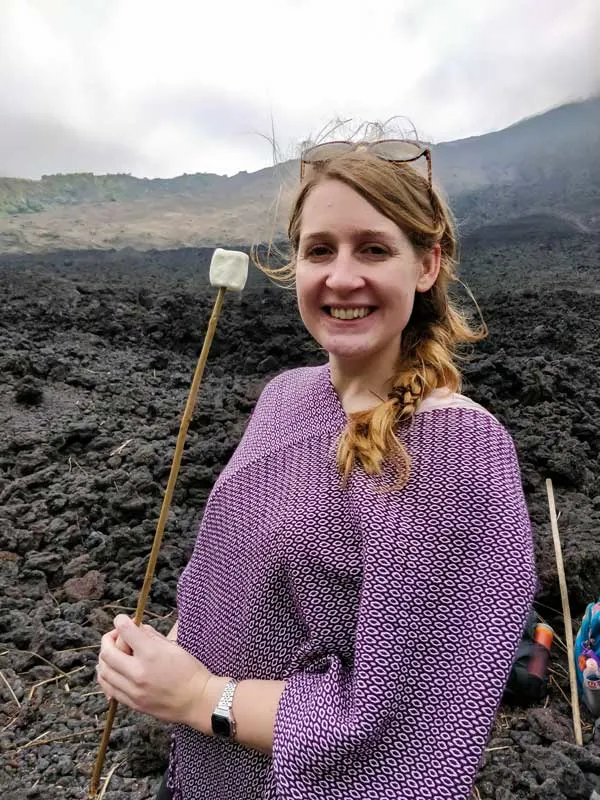
I almost laughed; how many times had I and so many other foreigners been guilty of having the exact same thought when hearing people speaking in hushed voices in another language?
But it reminded me how it feels to not understand what is being said and how frightening that can be.
I’ve learned that staying self – but also learning from the people you meet – increase exponentially with your capacity to communicate.
2. People will always look out for you
On the flip side of the coin, travelling alone as a woman has often left me feeling safer. People go out of their way to be kind and protective of me.
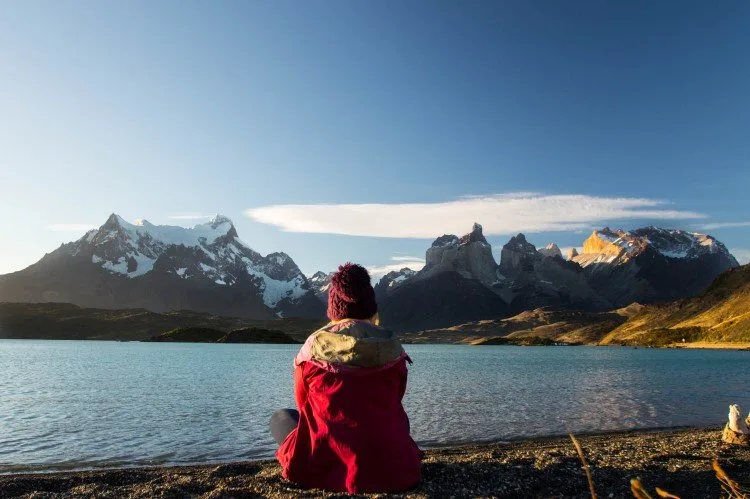
I still vividly remember the old Aymaran lady in the market in La Paz, Bolivia who warned me to keep my things closely against thieves and Willy and his brother, owners of a tiny hotel in northern Chile, who invited me to have once with them just took the time to make me feel welcome.
Ultimately, being alone – and somewhat vulnerable – can have its advantages.
3. Places – and people – will never stop surprising you
I arrived in Paraguay last week with a pretty clear sense of what I expected Paraguay to be like, hashed together from a book I’d been reading and the many stories on a theme – that of being mugged – that I’d been treated to by other travellers.
But it was nothing like that. When I got off the plane and realised that the notes I’d just withdrawn from the cash machine were far too large to be accepted on the bus, a man waiting at the bus stop stuffed the exact change into my surprised hands and even came back with a little extra in case the more expensive vehicle turned up.
Both myself and two Chilean guys waiting were stunned.
I wandered the streets of the capital alone and at night time, and while the city was empty and gave the sense of having survived a nuclear bomb, there was never one moment when I worried I might be robbed.
As I nipped in and out of restaurants and bars asking questions and chatting to random people, every time the answers were accompanied with a large, toothy grin and an eagerness to help.
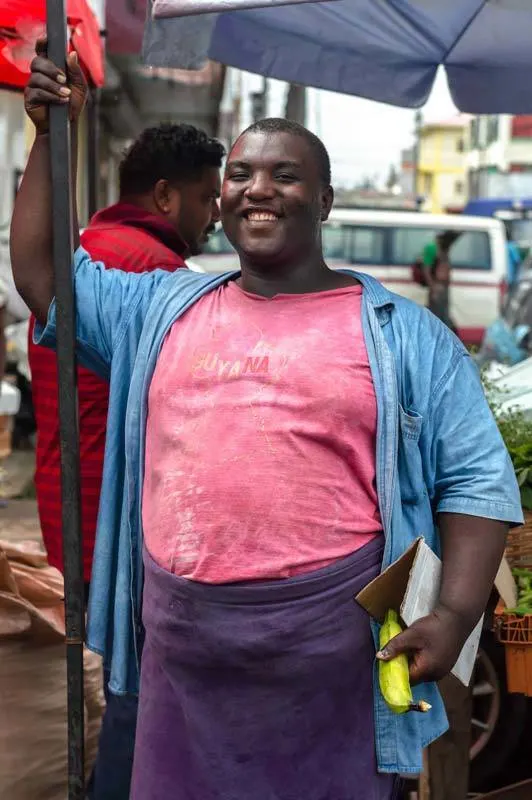
Of course, the vast majority of people that I’ve met travelling have been courteous and helpful but there was such a sense of humility and unguarded kindness in these interactions that have left me, despite all this time, being reminded why I love travelling.
It’s also taught me something else about people around the world. Without fail, the villages that live beneath the shadow of abject poverty and where a smile is practically the only currency they have, are so very often those that are most keen to share it around.
4. There is no information that you can’t find out
It can feel as painful as pulling teeth trying to get a straight answer to questions as simple as “when does the next bus leave?” and “where can I find a laundrette?”
In the past three years, few places have illustrated this as frustratingly as Bolivia. I remember an entire day spent waiting for a bus that never came because we’d been sent to the wrong place by some kindly, but ultimately ill-informed, people.
Even when we had realised our mistake, we were presented with five contrasting options from five different people as to where we should actually have been waiting.
As irritating as it is, the correct answer is always out there somewhere. It might take asking ten people and only one of those will be right – but you’ll get there eventually.
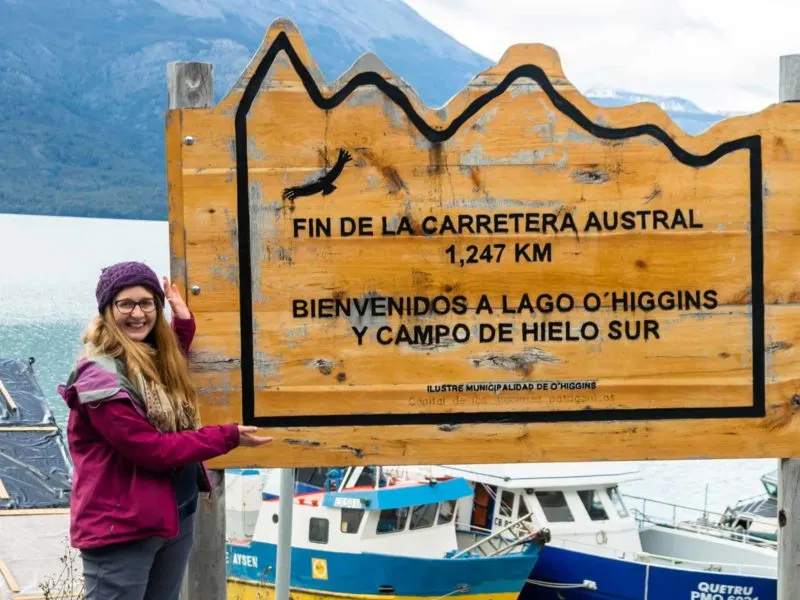
Persistence – and patience – are the key. And a big, friendly smile, even if all you feeling like doing at that moment is screaming.
5. The harder a place is to reach, the greater the reward
One of the main reasons I travel is for that chance to dive into the unknown. When I lived in Bolivia, this was easy.
Tourism remains in its nascent stage and it was relatively straightforward to find places that were practically empty of other people, playing host to a mere herd of cows or a collection of humble, adobe houses.
Many of the most beautiful places I’ve visited are those that are a mere footnote in a guidebook – if there at all.
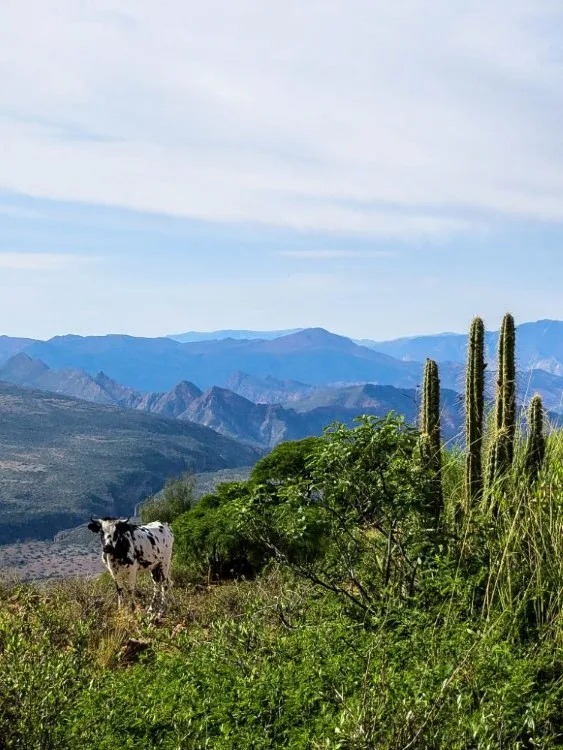
An experience I’ll never forget is wild camping on the edge of a canyon in the Bolivian wilderness. We pitched up in the twilight, away from the village below, bedding down for the night despite the cold.
Waking early and realising I couldn’t sleep anymore, I got up to see the dawn as it arched over the mountains, its light cascading into the valley.
It was one of those sunrises that I’ll genuinely never forget. Alone on that mountain except for a curious cow peering through the bushes, the world silent and awaiting the new day.
It had taken a number of buses, hitches and hours waiting by the side of the road to get there, but it was definitely worth it.
6. It’s true: arriving is often the biggest adventure of them all
Over the past three years, I’ve had the chance to ride in all sorts of different types of transport, from rickety chicken buses to luxurious coaches (yes, those do exist here!).
But without a doubt, the most memorable have been those that I’ve taken a dedo: hitchhiking.
I’ve joined a queue of local people to jump into the back of an open truck and clung onto the sides as the vehicle shuddered up into the mountains to a village so remote that even the buses refuse to make the journey.
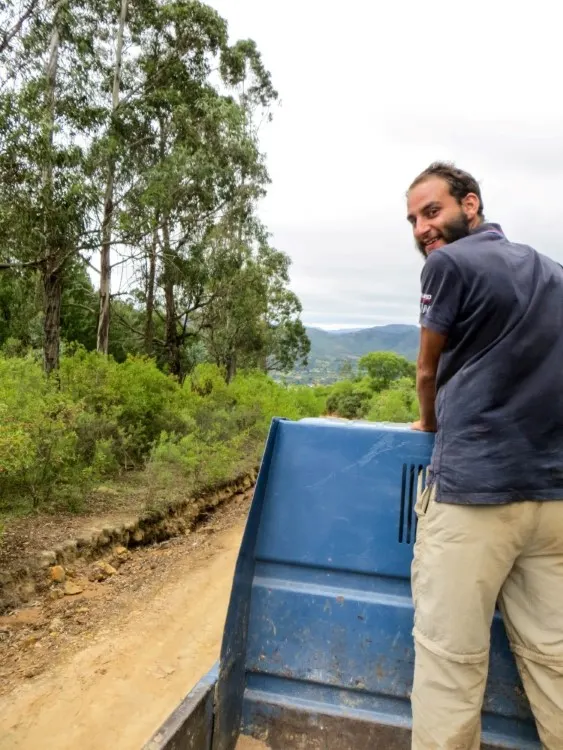
On other occasions, I’ve jumped into a family’s car or hopped into the passenger’s seat of a truck and relished conversations with people, some so open and frank that their whole lives unfold beneath your eyes in that short but meaningful journey.
Unusual forms of transport often lead to unusual experiences and the chance to meet a wide kaleidoscope of people.
There’s also nothing quite like clinging onto the side of a truck, hoping that it won’t take the next corner too quickly and send your swinging off into the road…
7. A hostel can make a trip
After the past year spending large chunks of time in my own flat in Santiago, I certainly had started to feel like my time staying in dorms was reaching its end.
The snoring, the farting, the lack of privacy, the being woken by the rustle of plastic bags as someone packs their bags; I felt too old for it all.
It was a relief in early September when I spent much of my time in private rooms, beavering away on the Moon Chile guidebook and wanting my own space for sleeping – and working.
But Paraguay has helped reignite my love of hostels. For one, it’s the range of people you meet and all the unique stories they have to tell along with the hints and tips they can offer for places you’re yet to visit.
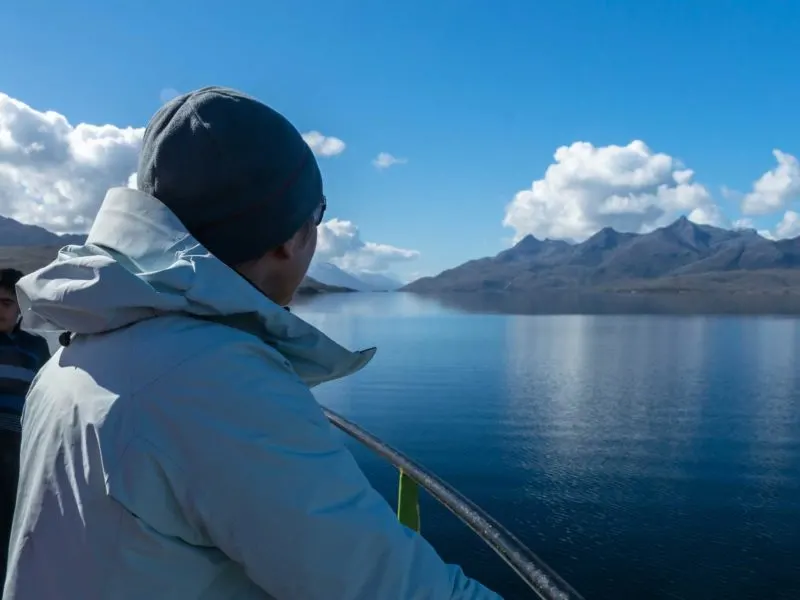
More importantly, it’s the friendships that you build. Often fleeting, they leave an impression; you always know that they’ll pick straight back up again if you have the fortune to cross paths again in the future.
As much as travelling is about leaving your safety net of a hostel filled with other travellers behind and venturing out to learn about a new country, sometimes nothing better than settling down for a beer surrounded by a group of like-minded, good-humoured travellers.
8. I have never felt more capable
I’m an academic kind of girl, the type who performs well on exams and studies hard to achieve my goals and rise to new challenges.
But when you leave the world of school, university and conventional work behind, these types of achievement don’t count so much anymore.
Suddenly, thinking on your feet, pulling new words out of the air and being capable of deciphering a strange new situation are far more important.
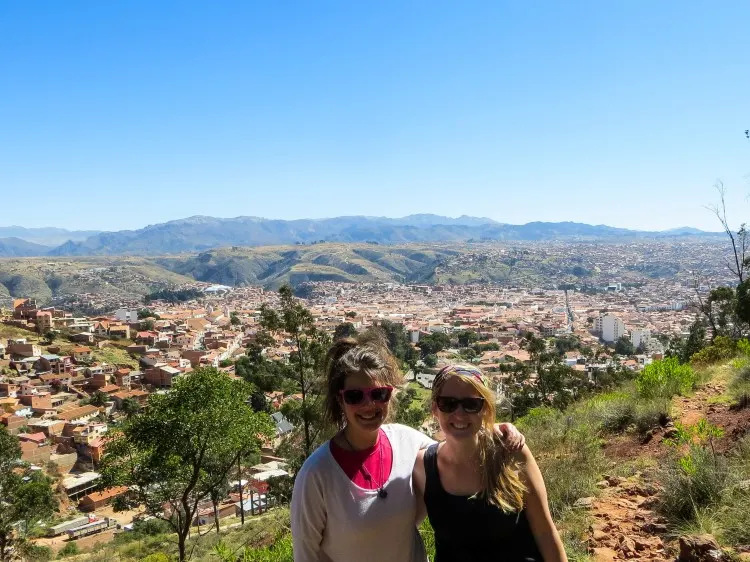
Nothing has been a better confidence booster or teacher as travel. Every trip I’ve taken and every person I’ve met has taught me something new about the world – and about me.
Travel should be a school for everyone; I continue to be frustrated and disappointed by how it’s a past time only available to those with a certain level of wealth, despite how its capacity to broaden minds and teach empathy is in desperate need across all levels of society.
9. But also wholly powerless
Arriving in Asunción reminded me of something I’ve not seen as visibly during my recent travels in Chile.
In the Paraguayan capital, as you travel by bus from the airport to the main city, you travel through the rich neighbourhood, where huge mansions tower over the road, strapped into their land by metal gates and security cameras.
The closer you get to the historic centre, these buildings peel away, slimmed down and crumbled into disrepair, many completely abandoned or filled with piles of rubbish. On the streets, barefooted children linger in doorways.
Asunción is no different to most cities around the world in that poverty exists, it’s just perhaps a bit more tangible.
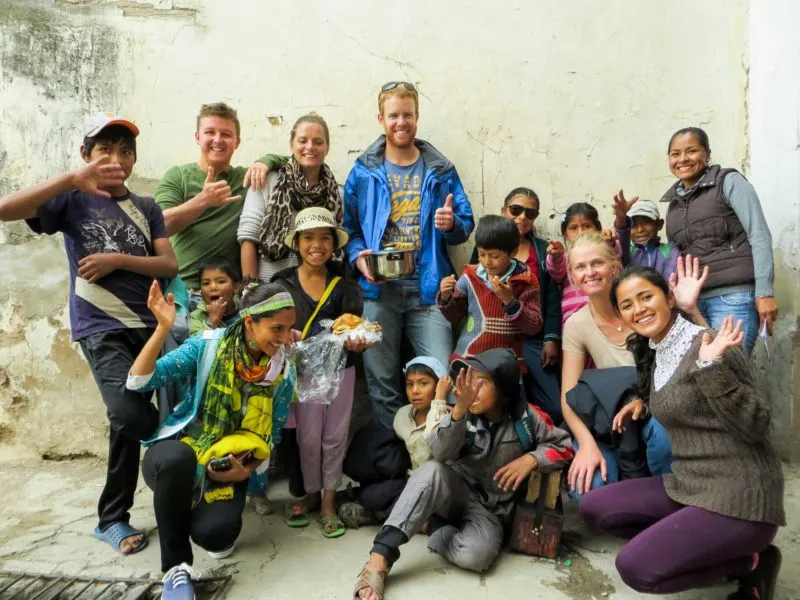
Over the past three years, it’s been tough learning how powerless you often are when confronted with this type of disparity between the haves and the have-nots.
Volunteering and engaging with a meaningful cause has been one way that I’ve made myself feel as if I’m contributing, at least in a small way, to making the world a more equal place.
Not only is volunteering an excellent way of putting skills to a good use in helping communities develop, but staying involved with a cause when you come home is the most sustainable and long-term route of promoting change in other countries.
10. It’s a lesson in mortality
It was my first week of being in Bolivia that I first heard about a fatal bus crash. It had happened somewhere near the Salar de Uyuni; two others volunteers at my organisation had met a guy a few weeks previously only to hear he’d been killed in a road accident.
This would, unfortunately, become a common feature of travelling.
The message only hit home when my parents came to visit me in Peru. We’d backpacked together for two weeks and then they’d disappeared off to Bolivia, returning via the Colca Canyon.
On their way back to Arequipa, snow at the top of the highest pass caused their bus to skid.
It careered right towards the mountain, flipping over in the process. If luck hadn’t been on their side, they would have slipped off the road and down to their deaths in the valley.
The luck in question still looked like a few broken ribs, plenty of bruises and escaping through the sunroof.
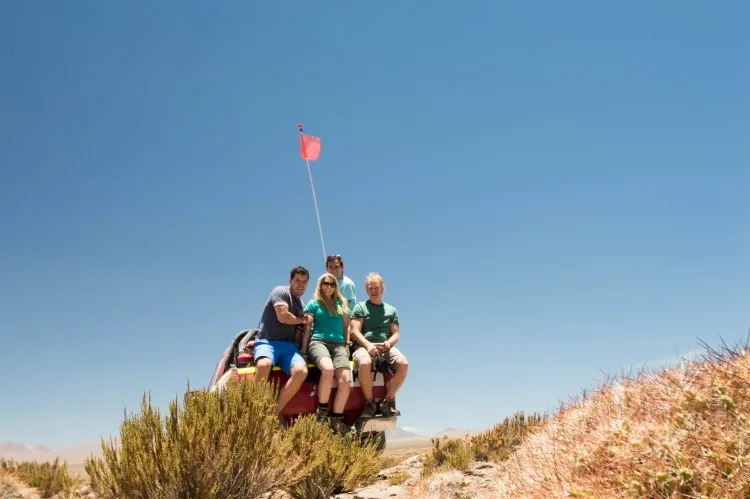
It was a jolting warning about the perils of travelling in a country where infrastructure – and road safety – are poor at best. I don’t forget to count my blessings for the fact I’ve yet to experience this horror.
But even these stories won’t stop me travelling; if anything, they’ve been a potent reminder of why it’s so important that I do and why all of us, regardless of our age or stage in our lives, should ensure that we make the most of the time that we still have.

Sawn Medrano
Tuesday 5th of May 2020
reading your blogs and others gave us the courage we needed to travel to Chile and Argentina earlier this year before the Pandemic. We are so grateful for the experience and look forward to more travel when it is safe. Thanks for putting yourself out there!
Steph Dyson
Thursday 14th of May 2020
Thanks so much Sawn! Genuinely need comments like this at the moment to keep my spirits up! Steph :)